LSP culture and why it matters to Localization buyers
With the Eurovision festival, I have a strange relationship; on the one hand, I like the variety of music presented and the cultural component of it, also working in the world of Localization, there is something that strikes me about seeing all the countries showing their songs, it's almost as if it were a bit the festival of Localization! ... but on the other hand, the truth is that it’s rare that I like some of the songs I hear ..... even so, it's funny to see the voting part and observing which countries are supporting each other and which countries are ignoring each other. It is a curious spectacle
In this edition, without a doubt, what I liked the most was the tribute performance to English music, and I loved that they opened with the song Imagine. Being the festival in Liverpool, it was a lovely tribute and a nice song to cover
Imagine…. that song is a hymn, and the lyric... beautiful and inspiring, and while it is true that we do not seem to be anywhere near the world that the legendary John Lennon described us, it is nice not to stop dreaming.
And today, I bring a "weird" dream to my post this week, a thought from the side of the Localization buyer that maybe it’s just ... a utopia? ... but why not? Dreaming is nice .... Imagine a world ...where the importance of shared values and ethical standards ....was the number one criteria for a Localization buyer to choose a LSP
RFP
RFP stands for "Request for Proposal" in software localization. It is a document or invitation that language buyers send to potential language service providers, outlining project requirements and soliciting bids for the localization work
In an RFP, an LSB (Localization Service Buyer) evaluates many aspects of an LSP (Localization Service Provider). Click HERE to learn more about RFP
All kinds of aspects are evaluated in an RFP, and rarely is the culture fit of the vendor to the buyer (or vice versa)in the list of elements to evaluate
An RFP focuses on processes, price, quality, and technology. There is already a lot of material written about all of that. So there is no need for me to come here and repeat myself and talk about those matters; much has already been written on that topic ... but what there is not much written about is what aspects related to culture, inclusiveness, values, and ethical standards we can evaluate when executing an RPF; so in the following paragraphs I want to explore that angle of an RFP for those clients for whom Shared Values with their vendor is an important factor.
Click HERE to download the image
Evaluating an LSP from the perspective of shared values and ethical standards involves considering the following factors:
Confidentiality and Data Security: The confidentiality and data security that an LSB (language service buyer) requires from an LSP (language service provider) is paramount. In today's age of frequent attacks targeting content theft, impersonation, and credential theft, it is crucial to ensure that the LSP prioritizes the security and confidentiality of sensitive client information. When evaluating the LSP in this area is important to explore if they adhering to data protection regulations and if they have robust security measures in place to protect LSB content and data
• Social Responsibility: You might also consider whether the LSP demonstrates social responsibility and sustainable business practices. This can include initiatives related to environmental sustainability, fair labor practices (fair payment to freelancers), or even active involvement in community outreach programs that positively impact society.
• Respect for Diversity and Inclusion: Look for an LSP that values diversity and inclusion, both within their organization and in their approach to working with clients. This involves respecting different cultures, perspectives and promoting diversity in their team and network of linguists.
• Inclusive Content Handling: Assess the LSP's commitment to ethical content handling, avoiding biased or offensive language and being sensitive to cultural, religious, or political considerations. Examples of past inclusive localized language projects they have participated in can help evaluate their capacity to generate inclusive content.
Accessibility: Choose an LSP that prioritizes accessibility in their language services. Look for indicators that they make content accessible to individuals with disabilities, such as delivering projects with audio descriptions or demonstrating compliance with accessibility guidelines like the Web Content Accessibility Guidelines (WCAG). Also, assess if they collaborate with accessibility experts or organizations specializing in inclusive design to ensure their localization processes align with best practices for accessibility.
• Transparency and Accountability: Look for an LSP demonstrating transparency and accountability in their operations. They should provide detailed information about their localization processes, quality assurance measures, project management workflows, translator details, or even … tachan! transparency about pricing structures! Transparent and fair pricing when paying collaborators is the right thing to do
Conclusion
By considering these additional ideas related to shared values and ethical standards, language buyers can ensure that the selected language service provider (LSP) not only meets their linguistic and technical requirements but also aligns with their organization's broader values, ethical guidelines, and commitment to social responsibility. This alignment goes beyond mere transactional business relationships and fosters a deeper cultural fit between the language buyer and the LSP.
This alignment fosters a cultural fit that goes beyond language skills and technical expertise, resulting in a more productive, mutually beneficial, and ethically grounded relationship. When the LSP aligns with the language buyer's values, it contributes to the overall success of localization projects and strengthens the buyer's reputation in the global market. Ultimately, choosing an LSP with shared values and ethical standards leads to a partnership that not only achieves linguistic accuracy but also makes a positive impact on society as a whole.
Focusing on culture fit in this day and age where the most important thing is to have content as cheaply and quickly as possible seems totally unrealistic, it seems like a dream ...
🎶 🎵You may say I'm a dreamer.
But I'm not the only one
I hope someday you'll join us….
☺️
@yolocalizo
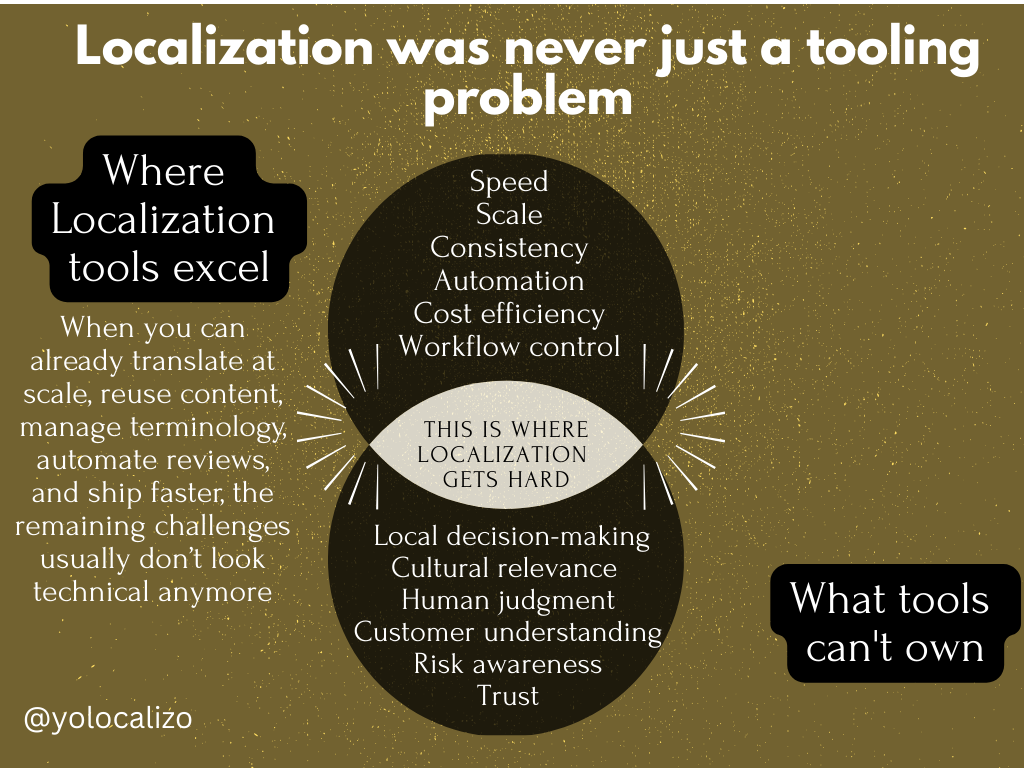
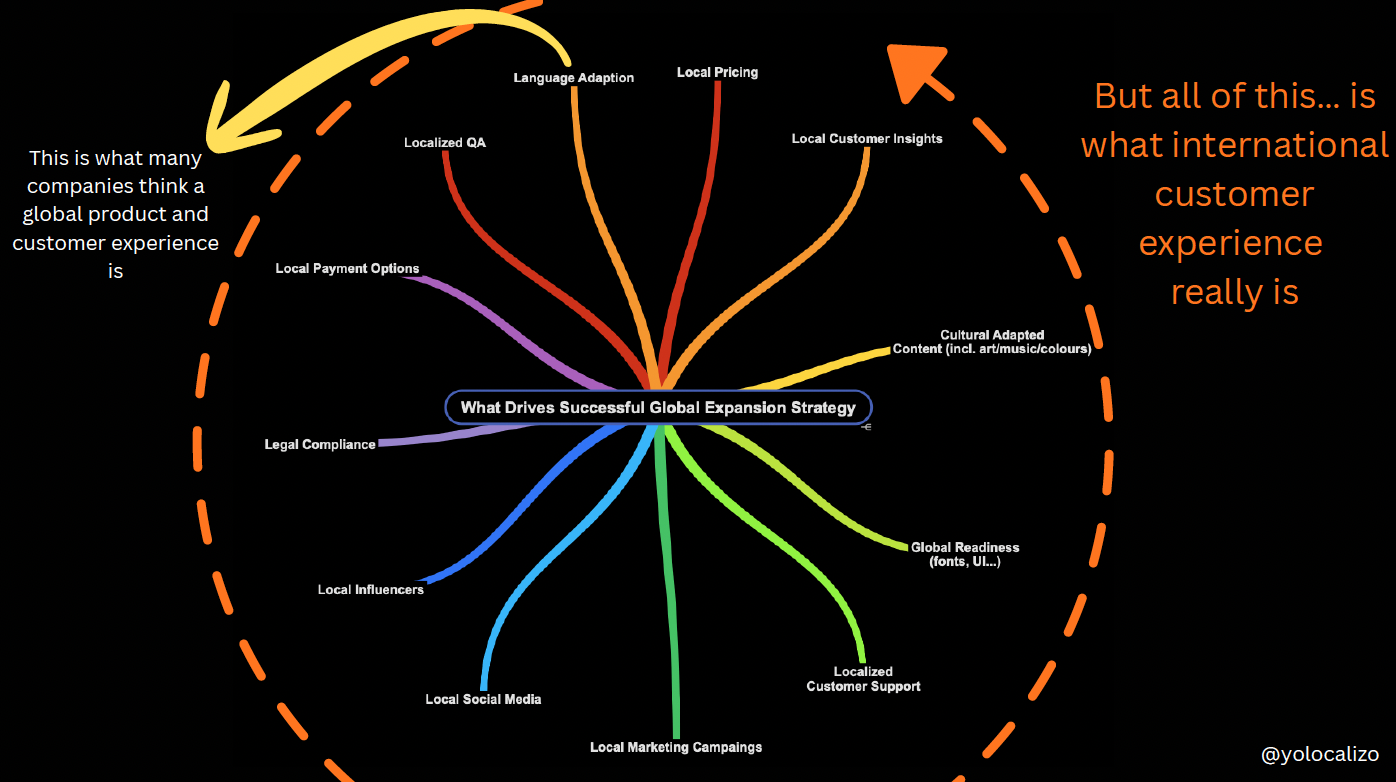
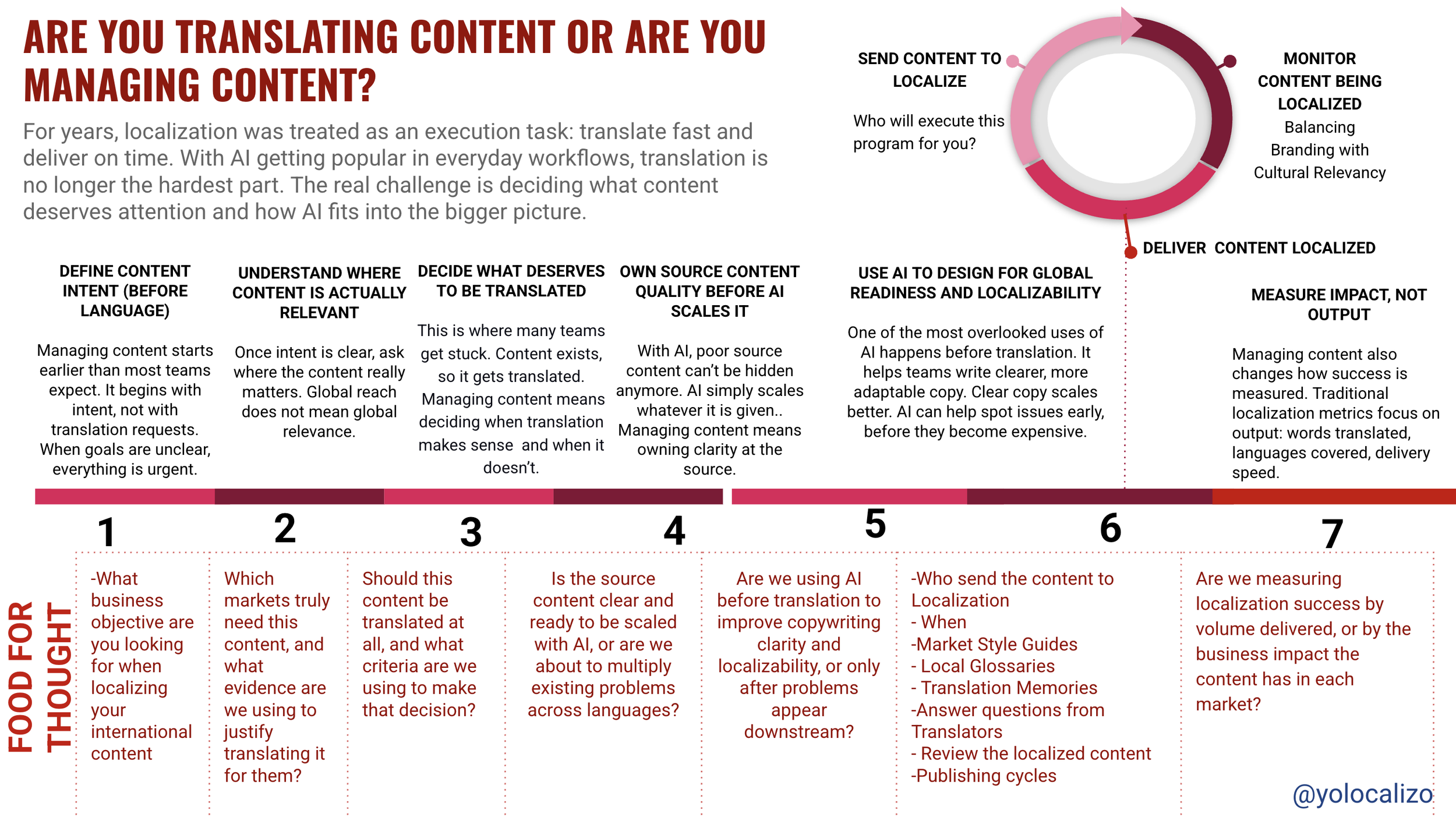

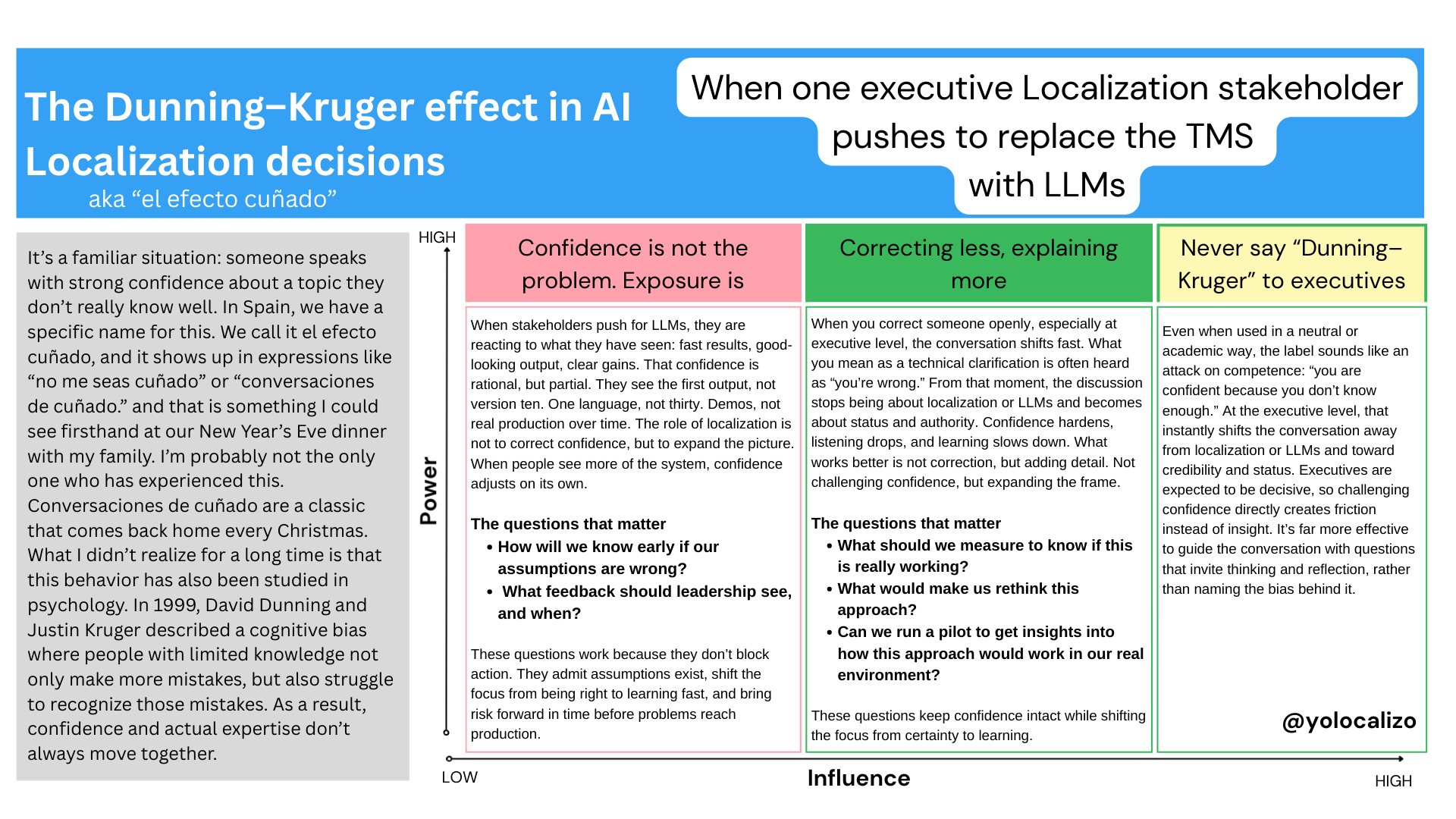


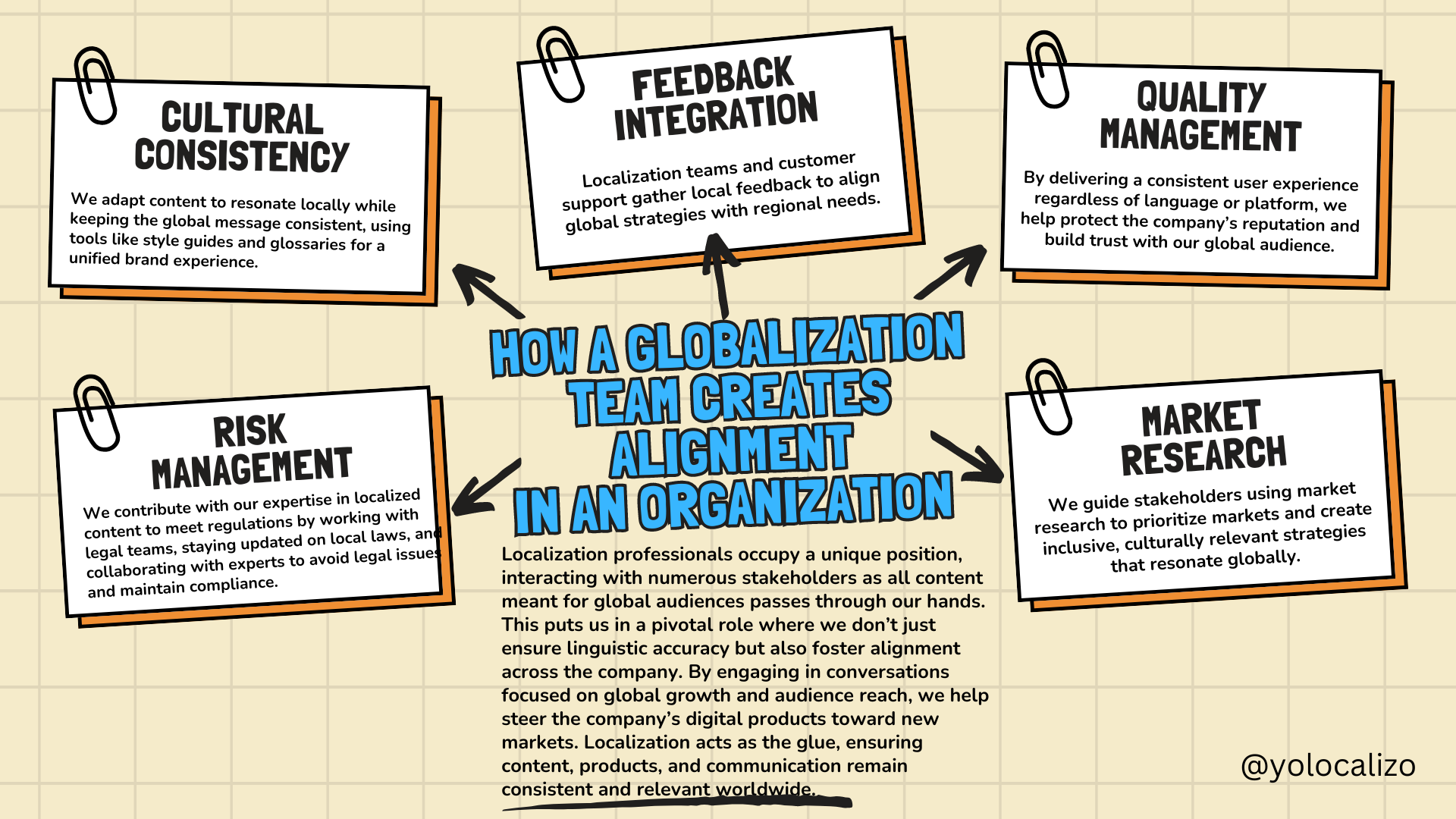
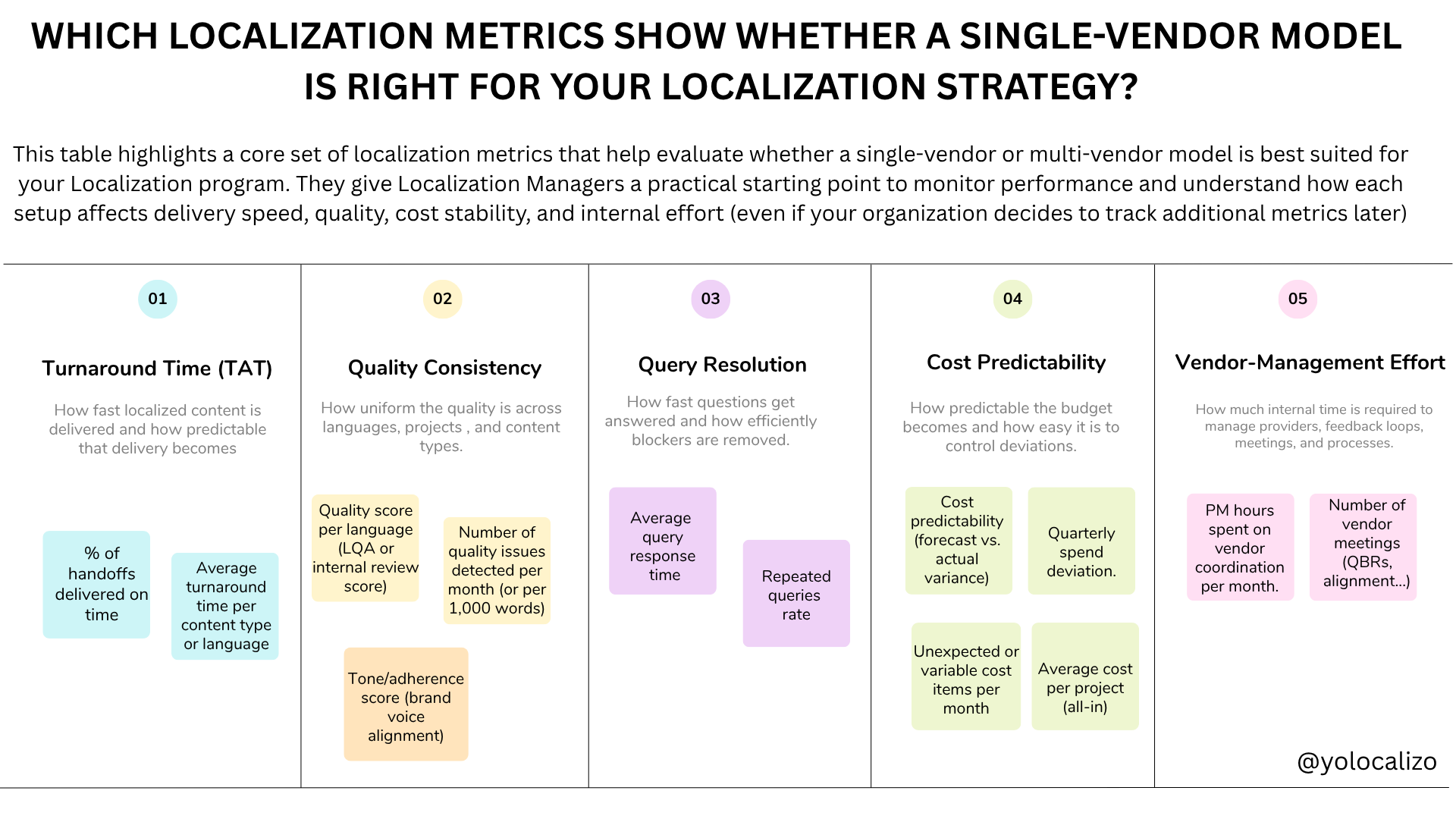


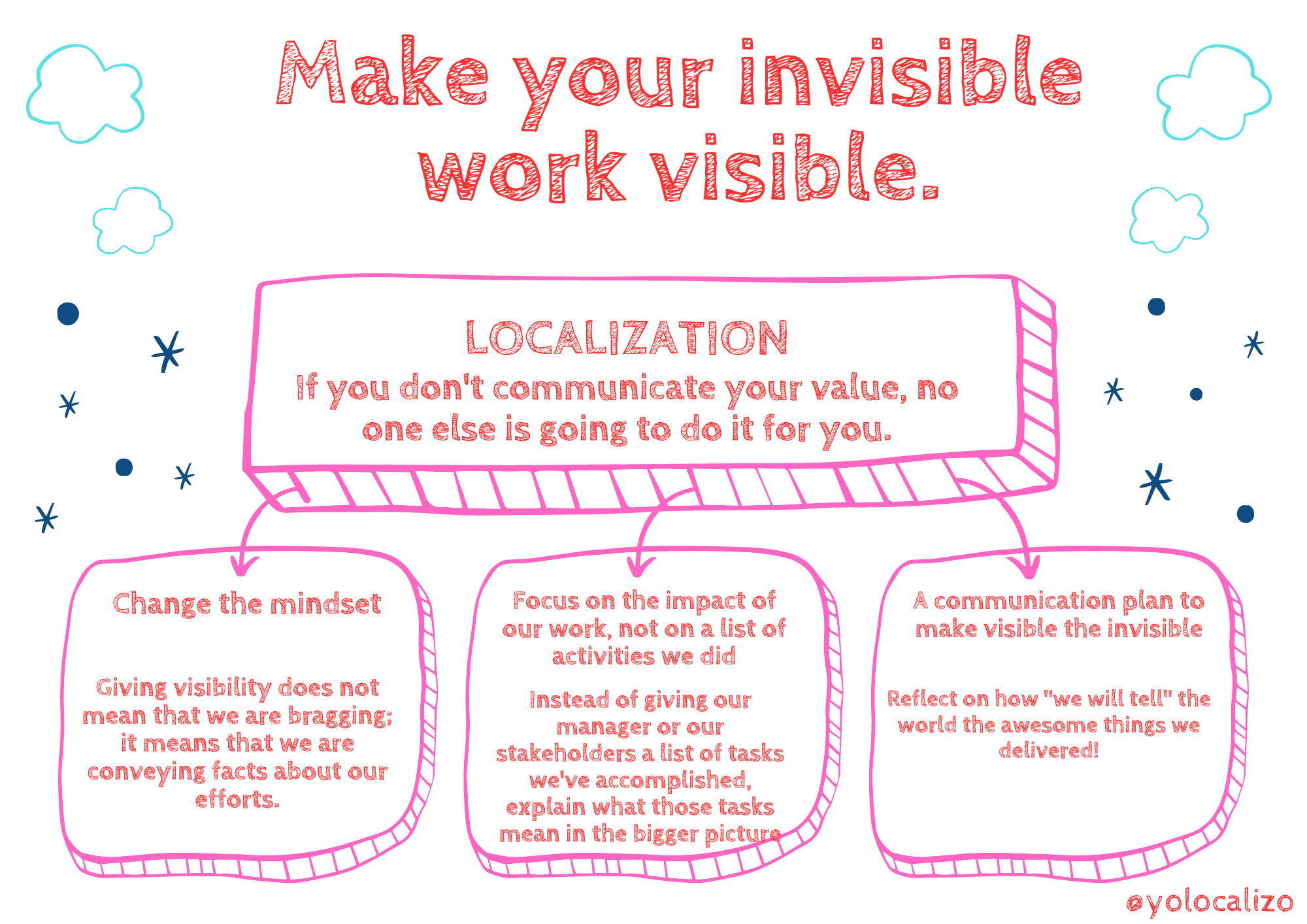

AI is not eliminating localization. But it is removing the illusion that execution alone is enough.
Layer 1 accuracy, delivery, quality was our playfield. Now AI scales it faster and cheaper. And when value is framed only around execution, the conversation shifts to cost and headcount.
Meanwhile, executives focus on retention and growth.
That’s Layer 2 cultural impact.
In the age of AI, localization must operate in both.